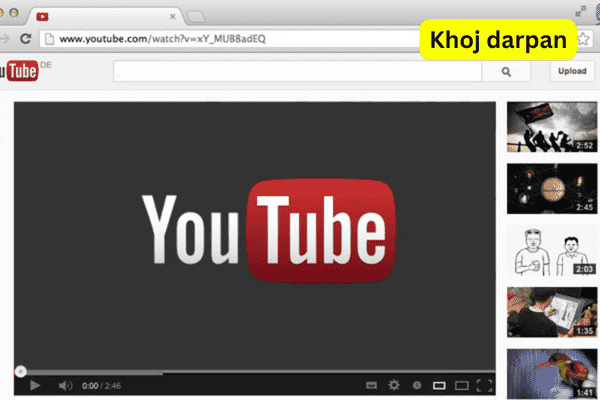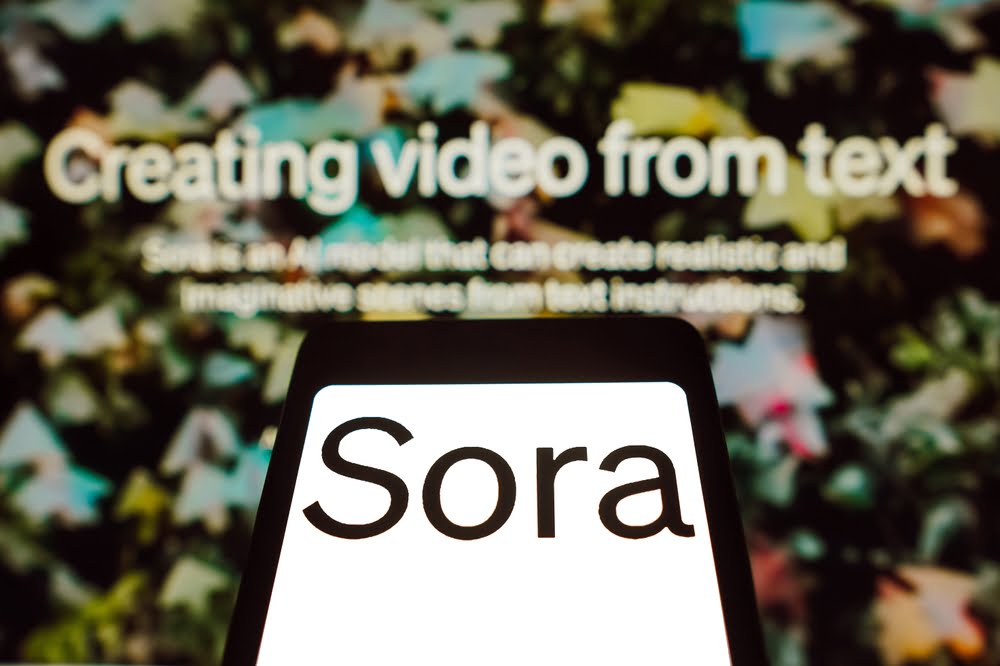Exploring the EU’s Decision on iMessage and WhatsApp: What Led to the Contrasting Outcomes?

EU’s Decision on iMessage and WhatsApp
Exploring the EU’s Decision on iMessage and WhatsApp:
Introduction:
Recently, the European Commission’s decision regarding iMessage and WhatsApp under the Digital Markets Act (DMA) has sparked discussions about the role of gatekeeper services and their implications for tech giants like Apple and Meta Platforms. While iMessage escaped regulatory scrutiny, WhatsApp found itself under the EU’s radar. Let’s delve into the factors that influenced these contrasting outcomes.
Apple’s Relief and Microsoft’s Reprieve:
The European Commission’s closure of the market investigation into iMessage and Microsoft’s services—Bing, Edge, and Microsoft Advertising—brought relief to Apple and Microsoft. Despite being viewed as gatekeepers under the DMA, they avoided the label for these specific services, thus sidestepping stringent regulatory measures.
Understanding Gatekeeper Services and the DMA:
Under the DMA, core platform services are subject to strict regulations aimed at promoting competition and preventing gatekeepers from stifling innovation. However, the Commission determined that iMessage and Microsoft’s services did not meet the criteria for gatekeeper status.
Consumer Impact and Industry Reaction:
The DMA’s regulations are designed to benefit consumers by fostering competition and curbing the dominance of tech giants. While Apple’s DMA-inspired policies aim to introduce more competition into its ecosystem, they have faced criticism from companies like Meta, Spotify, and Epic Games for potentially increasing costs for developers.
iMessage’s Surprising Exemption:
Despite widespread consumer awareness of iMessage’s interoperability issues, including its infamous blue and green bubbles, the European Commission’s decision to exempt iMessage from gatekeeper status came as a surprise. Apple’s actions, such as shutting down the Beeper Mini app, which allowed Android users to send iMessage messages, have fueled debates about messaging standards and market dominance.
Factors Influencing the Decision:
Contrary to expectations, the European Commission’s decision was not solely based on iMessage’s reluctance to adopt industry standards like Rich Communication Services (RCS). Instead, the popularity of WhatsApp over iMessage in the EU played a significant role. WhatsApp’s dominance in the region positioned it as a core gatekeeper service, subject to closer scrutiny.
Implications for Tech Giants and Consumers:
The divergent outcomes for iMessage and WhatsApp highlight the complexities of regulatory oversight in the digital landscape. While Apple and Microsoft welcome the Commission’s decision, the tech industry remains vigilant as regulations continue to evolve, impacting competition, innovation, and consumer choice.
Conclusion:
The EU’s decision regarding iMessage and WhatsApp underscores the challenges of regulating gatekeeper services in a rapidly evolving digital ecosystem. As tech giants navigate regulatory frameworks and consumer demands, the quest for a fair and competitive digital market continues, shaping the future of innovation and user experience.

FAQS : EU’s Decision on iMessage and WhatsApp
1. Why did iMessage avoid being labeled a ‘gatekeeper’ service by the EU, while WhatsApp did not?
– The EU’s decision was influenced by factors such as market dominance and user preferences. While iMessage’s popularity outside the EU and its market share compared to WhatsApp played a role, WhatsApp’s widespread adoption and perceived influence as a communication platform in the region led to its classification as a gatekeeper service.
2. What are the implications of the EU’s classification of gatekeeper services for tech companies like Apple and Meta Platforms?
– Tech giants classified as gatekeeper services under the EU’s regulations face stricter scrutiny and may be required to adhere to additional regulations aimed at promoting competition and protecting consumer interests. This could impact their business practices, including app distribution, revenue models, and data handling.
3. How does the Digital Markets Act (DMA) aim to address concerns about gatekeeper services?
– The DMA seeks to regulate gatekeeper services by introducing rules to ensure fair competition, transparency, and user choice in the digital market. It aims to prevent gatekeepers from abusing their market power to the detriment of competitors, innovation, and consumers.
4. What are some examples of regulatory measures imposed on gatekeeper services under the DMA?
– Regulatory measures under the DMA may include requirements for interoperability, data portability, and access to essential services for third-party providers. Gatekeeper services may also face restrictions on self-preferencing, unfair contract terms, and discriminatory practices.
5. How might the EU’s classification of gatekeeper services impact consumers and competition in the digital market?
– The EU’s classification of gatekeeper services aims to promote a more competitive and innovative digital market by addressing concerns about market dominance and anti-competitive behavior. By imposing regulations on gatekeeper services, the EU seeks to foster a level playing field for businesses and enhance consumer choice, privacy, and data protection.
follow our page for more updates- http://khojdarpan.com
join our telegram group – https://t.me/+3aRK0CNT9rlmMTI1
Discover more from KHOJ DARPAN
Subscribe to get the latest posts sent to your email.




